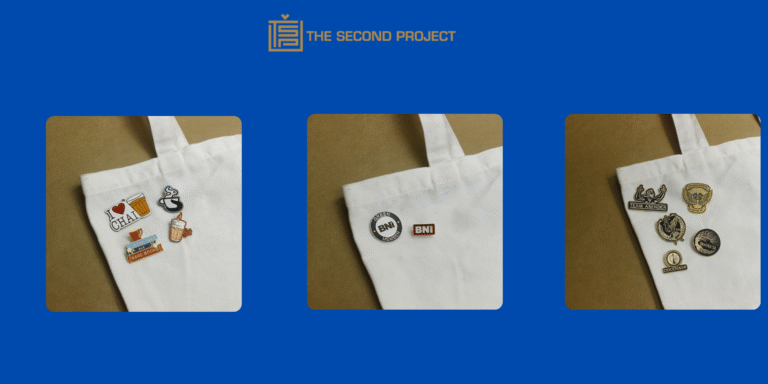
Kosher Certification
As more consumers look for transparency in the food and beverage industry, terms like Kosher certified have become increasingly important. But what exactly is Kosher Certification, and why does it matter—even to people who don’t follow a kosher diet?
This guide will walk you through the essentials of kosher certification, its religious roots, how the process works, and why so many companies seek it out.
What Does “Kosher” Mean?
“Kosher” is a Hebrew word that means “fit” or “proper.” In food terms, it refers to items prepared according to Jewish dietary laws, known as kashrut. These laws come from the Torah and have been followed for centuries by those who observe the Jewish faith.
Key kosher rules include:
-
Meat and dairy cannot be mixed or consumed together.
-
Only certain animals are permitted (e.g., cows and chickens are kosher; pigs and shellfish are not).
-
Animals must be slaughtered in a specific, humane way.
-
Equipment and utensils must be kosher and not cross-contaminated.
What Is Kosher Certification?
Kosher certification is a formal approval from a recognized rabbinic authority or agency that verifies a product, ingredient, or production process follows kosher standards. Once certified, a product can display a kosher symbol, such as OU, OK, KOF-K, or Star-K.
Kosher Certification isn’t just for food. It also applies to drinks, dietary supplements, cleaning agents, and even packaging materials in some cases.
Why Is Kosher Certification Important?
While it holds religious significance for observant Jews, Kosher Certification also appeals to a much wider audience. Here’s why businesses and consumers care about it:
-
Trust and Quality: Kosher-certified products go through strict inspections, boosting consumer confidence.
-
Wider Market Reach: Companies with kosher certifications can cater to Jewish customers, as well as those who follow vegetarian, vegan, halal, or allergy-conscious diets.
-
Global Standards: Many people associate kosher with cleanliness, ethical treatment, and high manufacturing standards.
In fact, studies suggest that over 60% of people who buy kosher products aren’t Jewish—they’re drawn by the perception of purity and integrity.
How Does the Certification Process Work?
The Kosher Certification process is thorough and involves multiple steps:
-
Application: The business submits detailed information about its ingredients, processes, and equipment.
-
Facility Inspection: A rabbinic inspector visits the site to evaluate compliance with kosher laws.
-
Certification: If the facility meets the standards, the agency issues certification and allows use of its symbol.
-
Ongoing Audits: Regular inspections ensure continued compliance over time.
Final Thoughts
Kosher Certification goes far beyond religion. It reflects a broader commitment to quality, safety, and ethical standards. For consumers, it offers assurance. For businesses, it opens doors to new markets and adds a layer of credibility.


